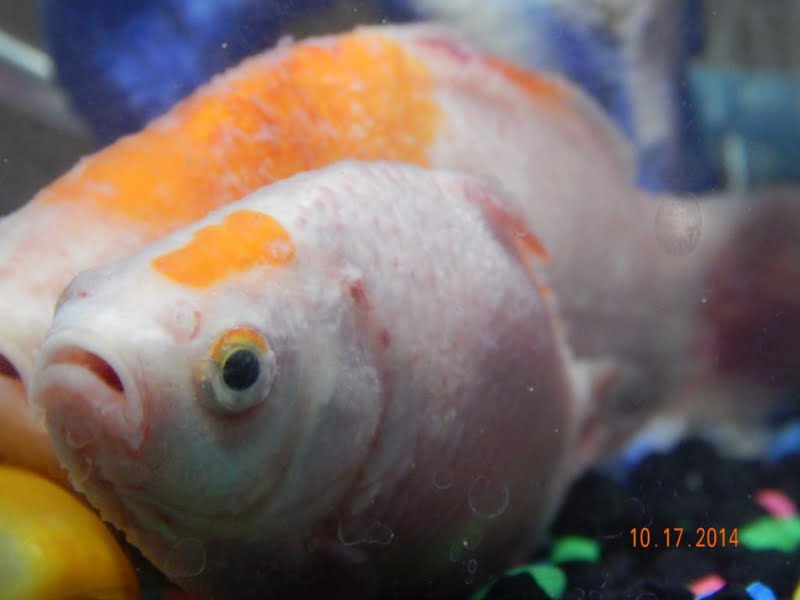Aquarium pond water evaporation can have dire effect
Aquarium pond water evaporation can have a dire effect on carbonate mineral levels in your aquarium or pond. Water evaporates, but the mineral does not. Over time, KH value can increase to dangerous levels. The smaller the body of water, the dryer the climate or season, the greater the risk
What does carbonate mineral do? KH gives water the ability to support life. Carbonate mineral alone is responsible for how alkaline or acidic your water is
Comfort zone is 120 to 140 ppm
A part of pH, KH is a critical parameter that is often overlooked by fish keepers. The parameter pH is a combined reading of oxygen and carbonate mineral. Unfortunately, most fish keepers test pH alone, and use this reading to raise or lower alkalinity, which also can lead to extremely low or high KH levels
Symptoms of KH poisoning; fish turning whitish, dorsal fin clamped, fish is hiding or not eating
Many of us won’t turn our air conditioners on until we just can’t stand it any longer. Air conditioners do just that, cool and condition the air, adding to the humidity. If you don’t want to cool the entire house with central air, consider adding a small cooling unit to the room your fish are in. Winter time also poses a threat as heaters dry the air, which causes water to evaporate
Aquarium pond water evaporation
Test KH regularly using the drop method as most KH test strips are unpredictable
Water loss pond aquarium
To lower concentrated amounts of carbonate mineral value in your fish house, use white vinegar. Pull a quart or a gallon of fish water depending on size of fish house. Use more or less vinegar (one teaspoon to one tablespoon) depending on the difference in readings of your fish house compared to the high end of the zone. Pour all around fish house slowly, mixing with your hand as you do so. Wait for an hour, test KH again. If it’s still to high, repeat the process. Do the math. Going under the comfort zone is just as dangerous as going over. Work your way gradually to the desired goal, using more or less vinegar
Vinegar is acid, and is a safe and effective means of lowering carbonate mineral value. The neutral zone for alkalinity and acidic measure is 70 ppm. Any reading below the neutral zone is considered as acidic, and will not support life. It’s said that the neutral zone is found in pH readings, but this simply isn’t true. Potential of hydrogen, pH is a combined reading of carbonate mineral and oxygen levels. It’s possible to have high KH readings and low pH readings due to low levels of oxygen
KH isn’t the only mineral left behind after water evaporates, GH reading can also be affected
Made up mostly of magnesium and calcium, GH (general hardness) can also become concentrated due to evaporation, however, most of us have levels far below the comfort zone in our freshwater source. Increased levels are beneficial if this is the case. If the general hardness levels in your freshwater source are already on the high side of the comfort zone, use distilled or R.O. (water that has been stripped of value (reverse osmosis) water to lower parameter, which will also lower KH value
Test GH as well as KH regularly if your tank or pond water is evaporating. The comfort zone for general hardness is 200 to 400 ppm
Nitrates also have the potential to concentrate, however, most fish keepers test this parameter often, so the risk of poisoning is lower
Aquarium pond water evaporation
To reduce evaporation in your fish house, set up a few water features, or even two, to increase humidity
If you believe your fish have been burned by high carbonate mineral levels, reduce water temperatures to 64f by chilling tank water, and reduce KH levels
Heal and sooth burns with Aloe Remedy
The fish in the photo below was burned by ammonia. It’s body turned white, with its fins clamped tight. As it healed, the burns turned black. Burns caused by carbonate mineral have the very same results

Learn more Test Water Parameters
All rights reserved
Author: Brenda Rand